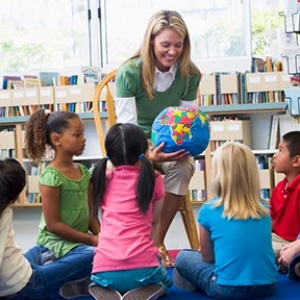Best Practice Monthly: Listening to and Involving Children

You may have heard the term ‘pupil voice’, ‘consulting pupils’ or ‘learner voice’, all of which mean the same thing; listening to the views and opinions of children and young people and involving them in decisions that affect them. It is also recognised as a feature of both effective teaching and effective leadership.
The Government has stated their commitment to the promotion and protection of children’s rights, in line with the United Nations Convention on the Rights of the Child. It believes that children and young people should have opportunities to express their opinion in matters that affect their lives. They say that some of the benefits of involving children and young people in decision making are:
- “It encourages pupils to become active participants in a democratic society - by holding youth parliaments and school councils which develop skills such as cooperation and communication and encourage them to take responsibility.
- It contributes to achievement and attainment - young people involved in participative work benefit in a range of different ways. Increased confidence, self-respect, competence and an improved sense of responsibility have all been reported by young people who contribute in school. Schools also report increased motivation and engagement with learning.”
Relevant Legislation
Under section 176 of the Education Act 2002 local authorities and schools are currently required to have regard to any guidance given by the Secretary of State (England) or the National Assembly for Wales (Wales) about consultation with pupils in connection with the taking of decisions which affect them.
This legislation is underpinned by the general principles of the United Nations Conventions on the Rights of the Child (UNCRC). Although the UNCRC has not been incorporated into national law and there is no statutory duty to comply with it, the Government has reiterated its commitment to pay 'due regard' to the Convention when new policy is made and legislation proposed. Schools are therefore strongly encouraged to pay due regard to the Convention.
In your EduCare for Education online learning service, you will find one of the 16 duty of care courses is called ‘Children’s Rights’. Written by experts at the Children’s Rights Alliance for England and the NSPCC, it provides an overview of the Convention and there is also guidance on what you can do in your school to promote and protect children’s rights.
Return to news